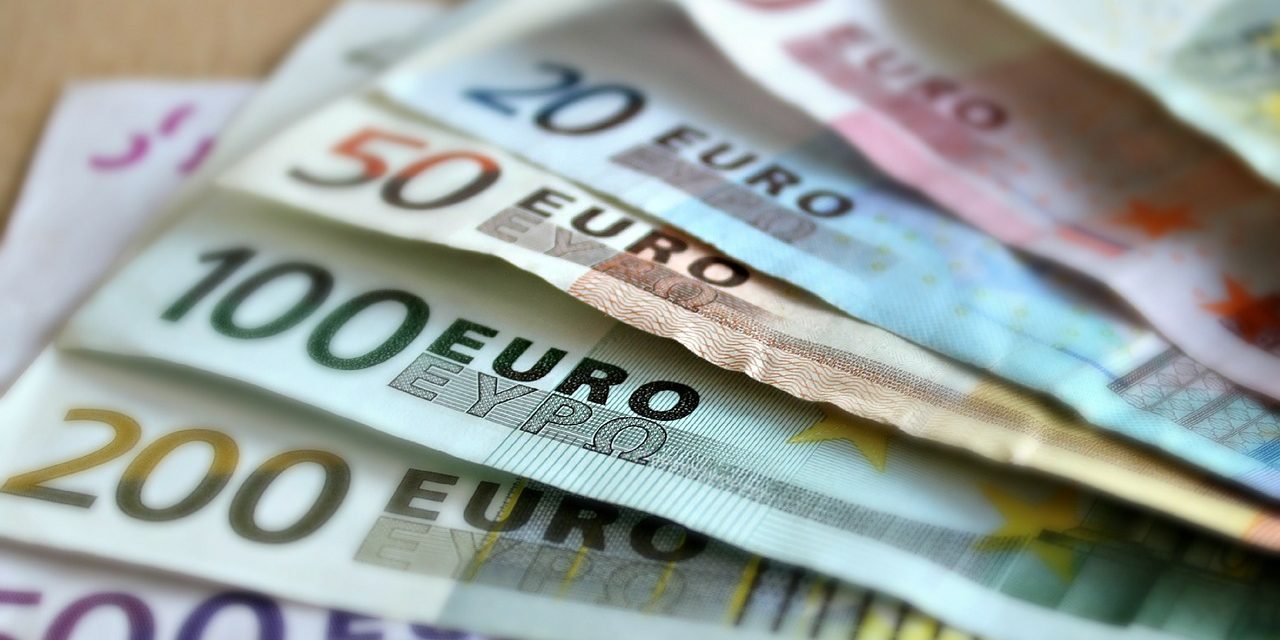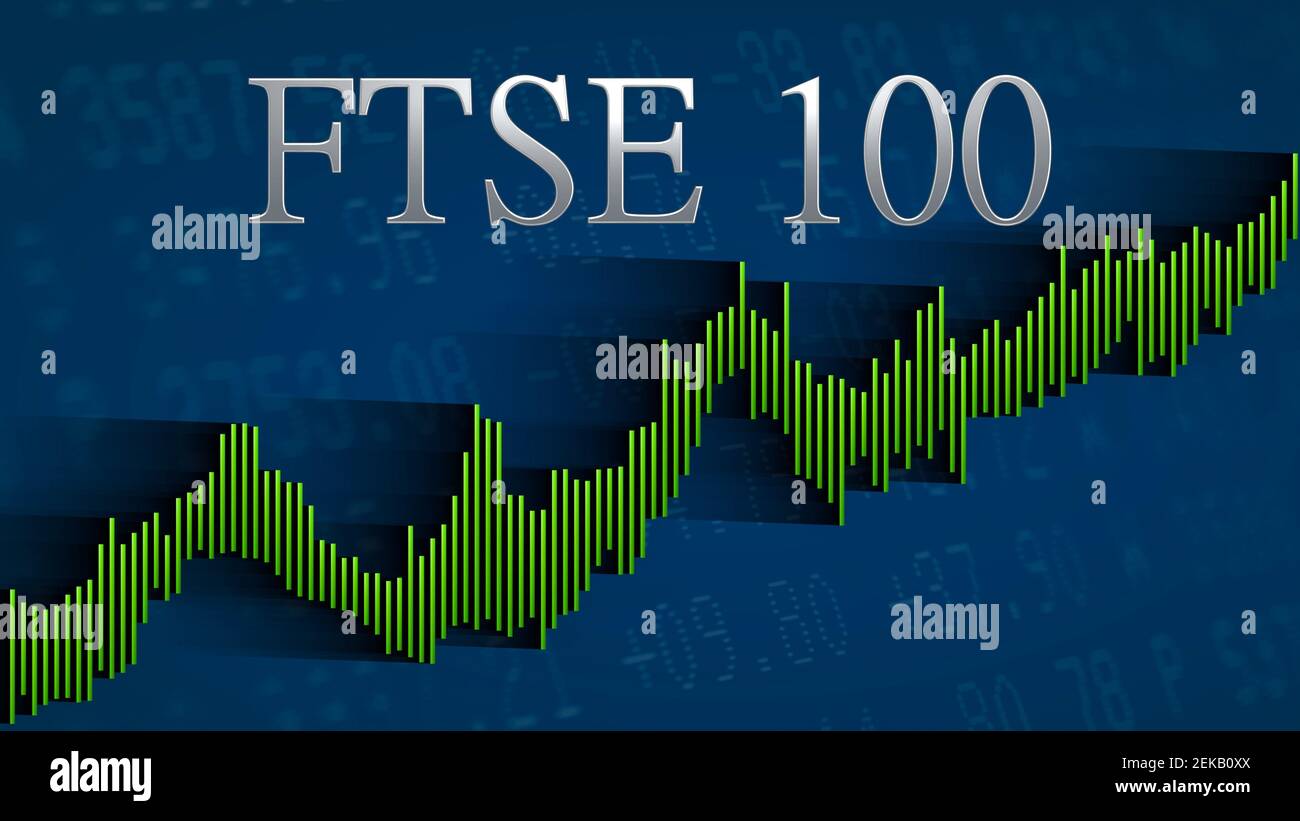
The euro is facing mounting headwinds as political turmoil in France and expected further interest rate cuts by the European Central Bank (ECB) converge to create a highly volatile environment for the currency.
This is the warning from Nigel Green, CEO of deVere Group, one of the world’s largest independent financial advisory and asset management organizations as France’s Prime Minister Michel Barnier faces looming no-confidence votes that threaten to dismantle his government.
Far-right leader Marine Le Pen’s National Rally and a coalition of left-wing parties have jointly filed motions to trigger these votes, signaling an unprecedented political alignment poised to topple the current administration.
The political instability in one of the eurozone’s largest economies comes at a time when the ECB is leaning heavily towards additional monetary easing.
Governing Council member Martins Kazaks has openly advocated for another rate cut at the upcoming December 12 meeting, citing expectations that inflation pressures are nearing their end.
He says: “Investors are acutely aware that political instability in a major European economy can have ripple effects across the bloc, shaking confidence and prompting capital outflows.
“Le Pen’s alignment with left-wing forces in a bid to unseat the government is a stark departure from traditional party lines, underscoring the urgency and unpredictability of the situation.
“Should the government fall, markets would likely react sharply, pricing in the heightened risk of populist policies that could further strain EU cohesion.”
Simultaneously, the ECB is poised to deepen its easing cycle, which began in June.
“ECB rate cuts weaken the euro by reducing the returns on euro-denominated assets, prompting investors to seek higher yields elsewhere. This lowers demand for the euro, especially if other central banks maintain or raise rates, widening the interest rate gap,” notes the deVere Group CEO.
The combination of France’s political crisis and the ECB’s easing trajectory creates “a perfect storm” for the euro.
Nigel Green continues: “Investors face a dual-pronged challenge: tackling the immediate fallout from French instability and adjusting to a looser monetary environment. The result is likely to be heightened volatility and downward pressure on the currency.”
Market participants are already positioning for these outcomes. Risk-sensitive currencies are gaining ground as investors seek refuge from the euro’s turmoil. Meanwhile, government bond yields in the eurozone are expected to remain under pressure as the ECB continues its accommodative stance.
The near-term outlook for the euro hinges on two critical events: the outcome of the French no-confidence votes and the ECB’s December rate decision.
“A government collapse in France would amplify political risk, potentially triggering a sharp selloff in the euro. On the other hand, if Barnier manages to cling to power, markets may find some temporary relief, though the underlying tensions will persist,” says the deVere chief executive.
On the monetary front, a decisive rate cut by the ECB would likely cement the euro’s downward trajectory, “especially if accompanied by dovish forward guidance.”
Nigel Green concludes: “This convergence of political instability and further rate cuts underscores the fragility of the eurozone. Investors need to stay alive to the risks and ready to capitalize on opportunities as they arise in this rapidly evolving landscape.”













